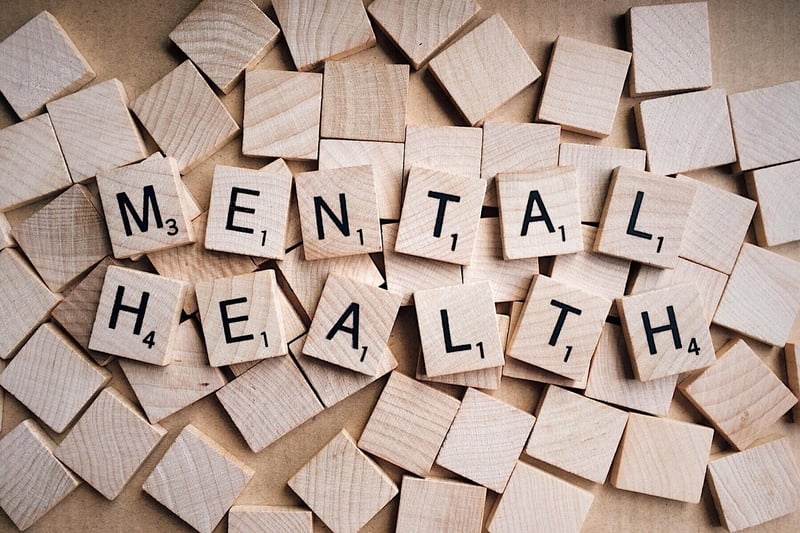Emotional Intelligence
The Power of Emotional Intelligence in Enhancing Mental Well-being

Emotional intelligence (EI) plays a crucial role in our mental well-being by influencing how we perceive, understand, and manage our emotions. Developing EI leads to improved self-awareness, empathy, and relationship management, ultimately enhancing overall mental health.
Understanding Emotional Intelligence
Emotional intelligence encompasses the ability to recognize and understand emotions in oneself and others. It involves regulating and expressing emotions appropriately, which is vital for mental well-being. Individuals with high EI tend to have better coping mechanisms, stress management skills, and healthier relationships.
Benefits of Emotional Intelligence on Mental Health
- Improved self-awareness and self-regulation
- Enhanced empathy and social skills
- Effective conflict resolution
- Reduced anxiety and depression levels
- Increased resilience to life's challenges
Developing Emotional Intelligence
Enhancing EI involves practicing self-reflection, active listening, and mindfulness. Engaging in activities that promote emotional awareness, such as journaling or therapy, can also aid in developing emotional intelligence skills. Additionally, seeking feedback from others and being open to learning from experiences are essential in the journey towards improving EI.
Conclusion
Emotional intelligence is a powerful tool in promoting mental well-being. By honing EI skills, individuals can navigate relationships, handle stress, and maintain a positive outlook on life. Investing in developing emotional intelligence is an investment in long-term mental health and overall happiness.
Remember, taking care of your emotional intelligence is taking care of your mental well-being.
Image source: Pixabay
